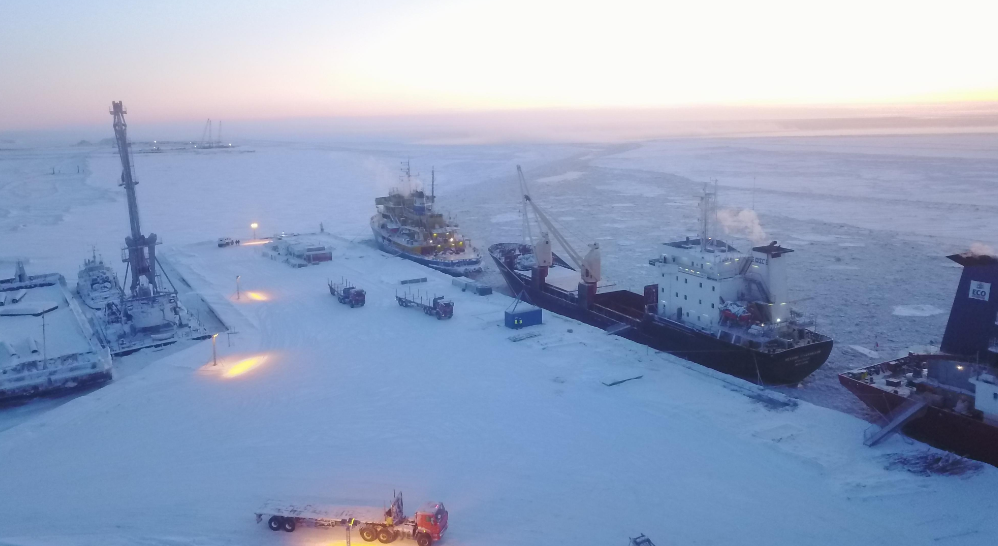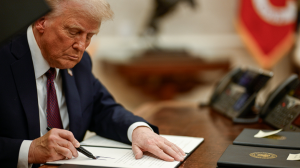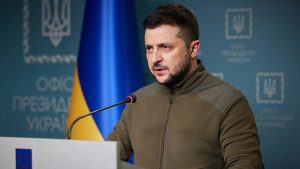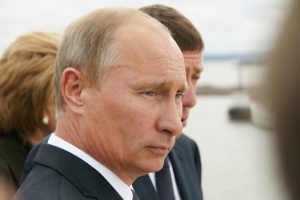So far, the USA seems to be succeeding with their strategy.
Others are reading now
The United States is making strategic moves to stymie Russia’s ambitious “Arctic LNG 2” project, using sanctions as its primary weapon.
Jeffrey Payette, Assistant Secretary of State for Energy Resources, openly acknowledged that the White House is resolute in its intention to ensure the project is “stillborn.”
This bold strategy aims to prevent Russia from diverting gas previously destined for Europe to other markets.
Sanction Impact: Immediate and Severe
Also read
The effectiveness of these sanctions is already visible. South Korean shipyard Hanwha Ocean has ceased its collaboration with Novatek, the Russian company behind Arctic LNG 2, impacting the construction of essential gas carriers.
According to reports, three completed vessels are now idle, and construction on the remaining has halted.
Furthermore, Mitsui O.S.K. Lines, a key project participant from Japan, has decided not to proceed with its engagement.
In response, Russia has attempted to continue construction independently. However, this effort faces significant technological hurdles, notably in developing membrane systems crucial for gas storage.
French company Gaztransport & Technigaz, a leader in this technology, ceased its Russian operations in January 2023, complicating the situation further.
Reuters Insight: No Tankers, No Trade
Reuters highlighted a critical result of U.S. pressure—Novatek’s inability to secure tankers for fuel shipment.
This logistical bottleneck has delayed the project’s launch, initially slated for early 2023, potentially until at least the end of June. Meanwhile, construction on the project site presses on, albeit under challenging circumstances.
Technological and Strategic Challenges
Sergey Kondratyev, head of the economic department at the Institute of Energy and Finance, explained that creating a shadow fleet of gas tankers is far more complex than oil tankers, given the fewer numbers and specialized requirements.
He suggested that Murmansk could become an alternative site for an LNG plant, potentially circumventing the need for Arctic-class vessels.
Economic Ramifications and Future Prospects
Initially projected to be Russia’s largest LNG producer, Arctic LNG 2 aimed to produce nearly 20 million tons of liquefied natural gas annually, plus around 1.5 million tons of gas condensate. However, the U.S. Treasury’s decision to sanction the project in November 2023 has triggered a series of force majeure claims by foreign stakeholders, including French TotalEnergies and Chinese firms CNPC and CNOOC. This development threatens long-term contracts for LNG export, possibly leaving Novatek to fund the project independently.
In a fascinating turn, while Beijing typically finds ways around such restrictions—like using a shadow fleet for oil deliveries from Russia to China—the visibility of LNG vessels makes similar strategies unviable for gas.








